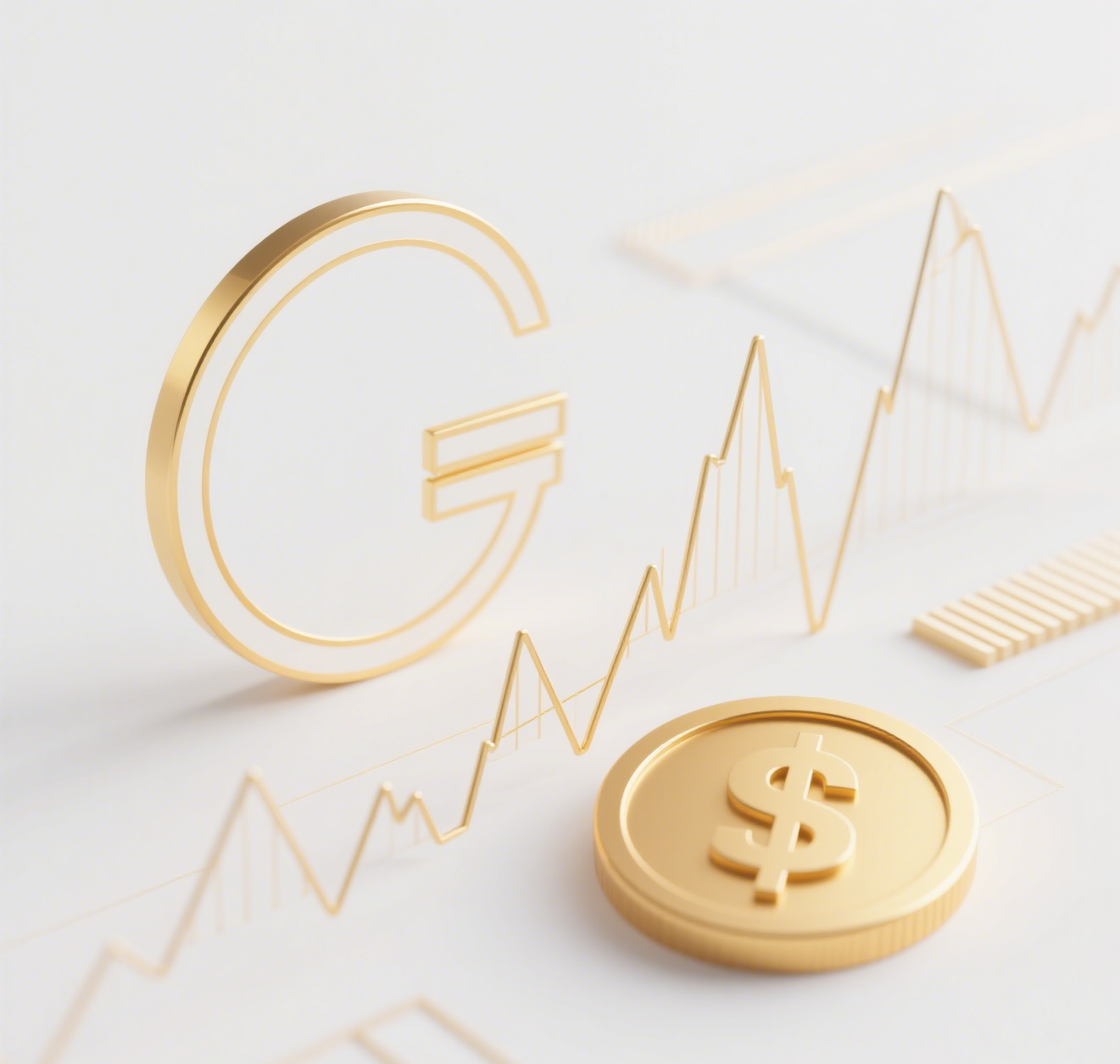Stocks vs. Forex: Key Differences
Stocks and forex exhibit distinct characteristics due to their inherent nature. Today, we’ll explore the fundamental differences between trading stocks and forex.
Many forex traders begin their journey in the stock market. After gaining equity experience, they transition to forex or futures—a natural progression in trading. In my view, stocks pose lower difficulty and risk than futures, while futures are less risky than forex.
However, risk is not absolute. It stems from one’s control over trades. From this perspective, stocks, futures, and forex share the same risk tier. Meticulous management can mitigate most risks.

Difference 1: Stocks Rely on Fundamentals; Forex Leans Technical
Stock trading demands monitoring news, economic trends, and even cultural shifts—a single rumor or restructuring can send prices soaring. Forex, however, operates 24/7 with rapid technical-driven fluctuations, less tied to fundamentals.
Difference 2: Rules Dictate Outcomes
Stocks are non-leveraged with T+1 settlement (bought today, sold tomorrow), offering profits only in bullish markets. Forex’s inherent leverage allows doubling or wiping accounts within minutes. Larger positions (within leverage limits) yield staggering results.
Difference 3: Divergent Potential
In forex, multiplying capital 10x or 100x annually is plausible—a feat nearly impossible in stocks. Leverage unlocks limitless opportunities but amplifies risks. Misuse leads to margin calls; mastery delivers substantial gains—the essence of forex’s allure.
Advantages of Forex Trading
Why is forex increasingly favored over other investments?
Advantage 1: Controllable Risk
Capital preservation is paramount. Forex allows preset stop-losses to halt trades at predetermined levels, capping losses while leaving profits uncapped.
Advantage 2: Transparent Market
Compared to stocks, forex is arguably the cleanest market. No "insider trading"—retail traders and giants like Soros access the same data. A $6 trillion daily volume thwarts manipulation.
Advantage 3: Flexibility & Liquidity
Trade 24/5, even after hours, without worrying about exchange-imposed limits (e.g., stock circuit breakers).
Advantage 4: Endless Short-Term Opportunities
Currency pairs fluctuate incessantly. Small, frequent wins compound into significant annual returns—like mining a gold mountain daily.
Advantage 5: Leverage’s Power
As the global standard, forex margin trading enables bidirectional profits (long/short). Stocks suffer prolonged bear markets, while forex profits hinge solely on directional accuracy.
















